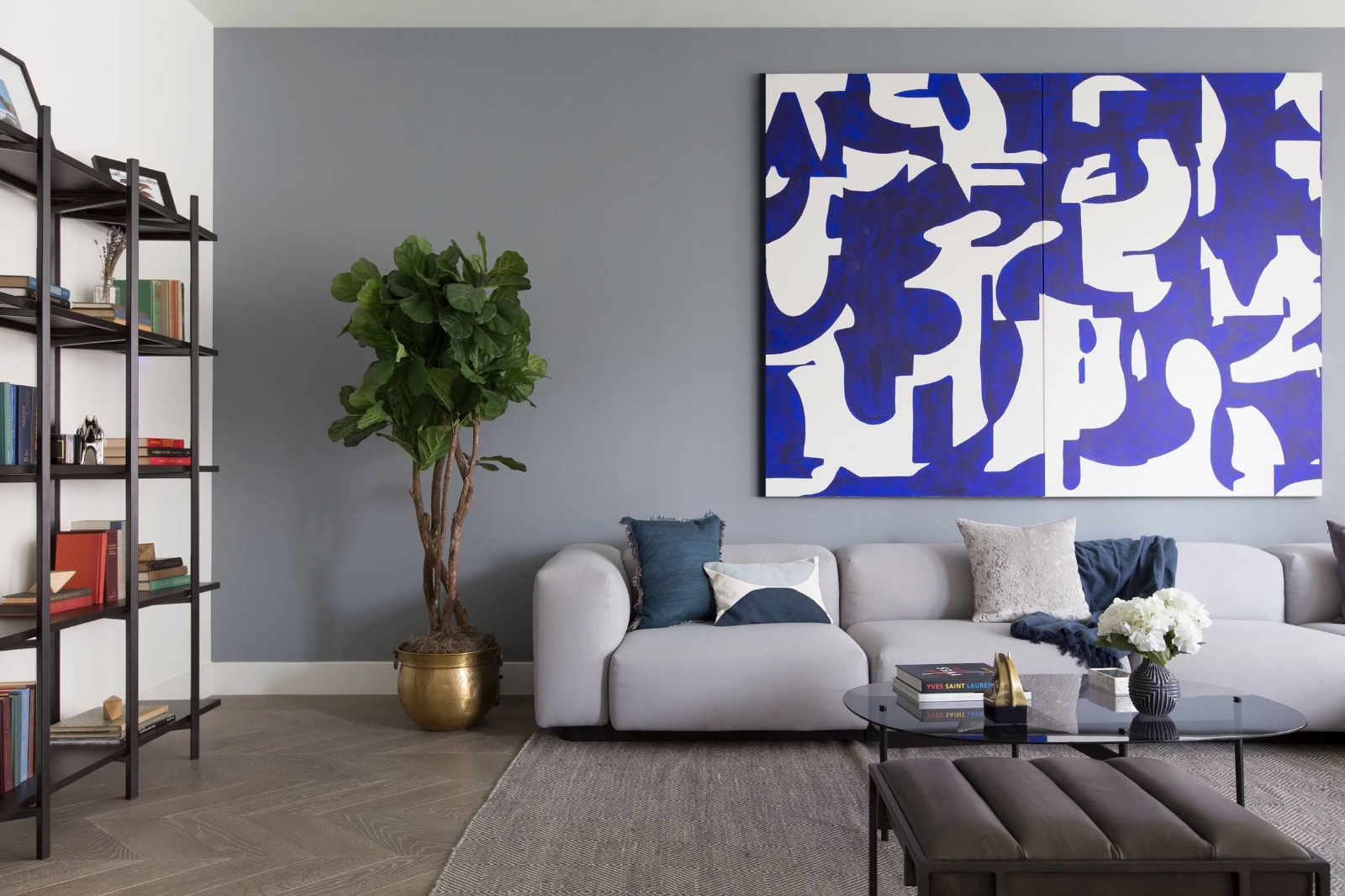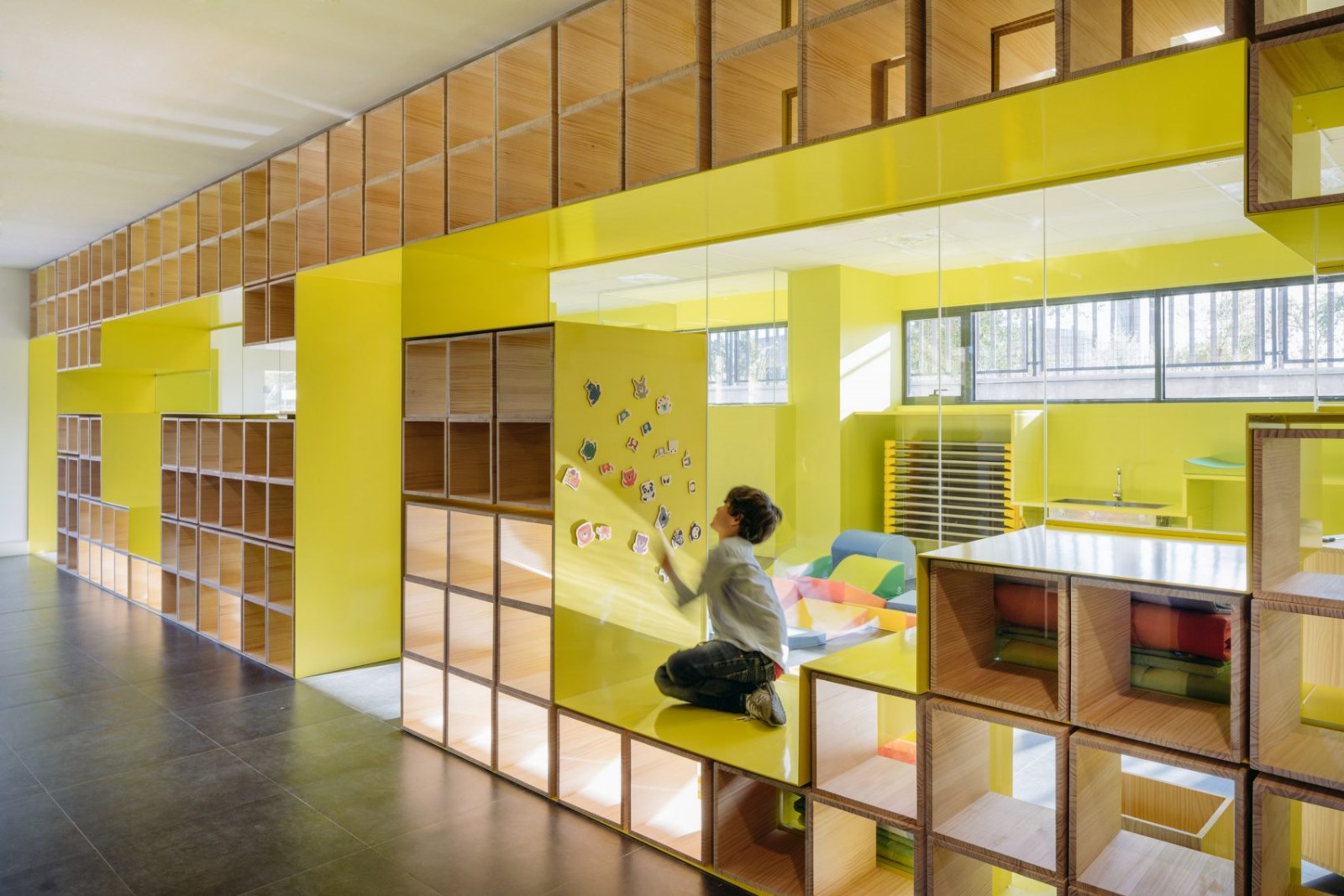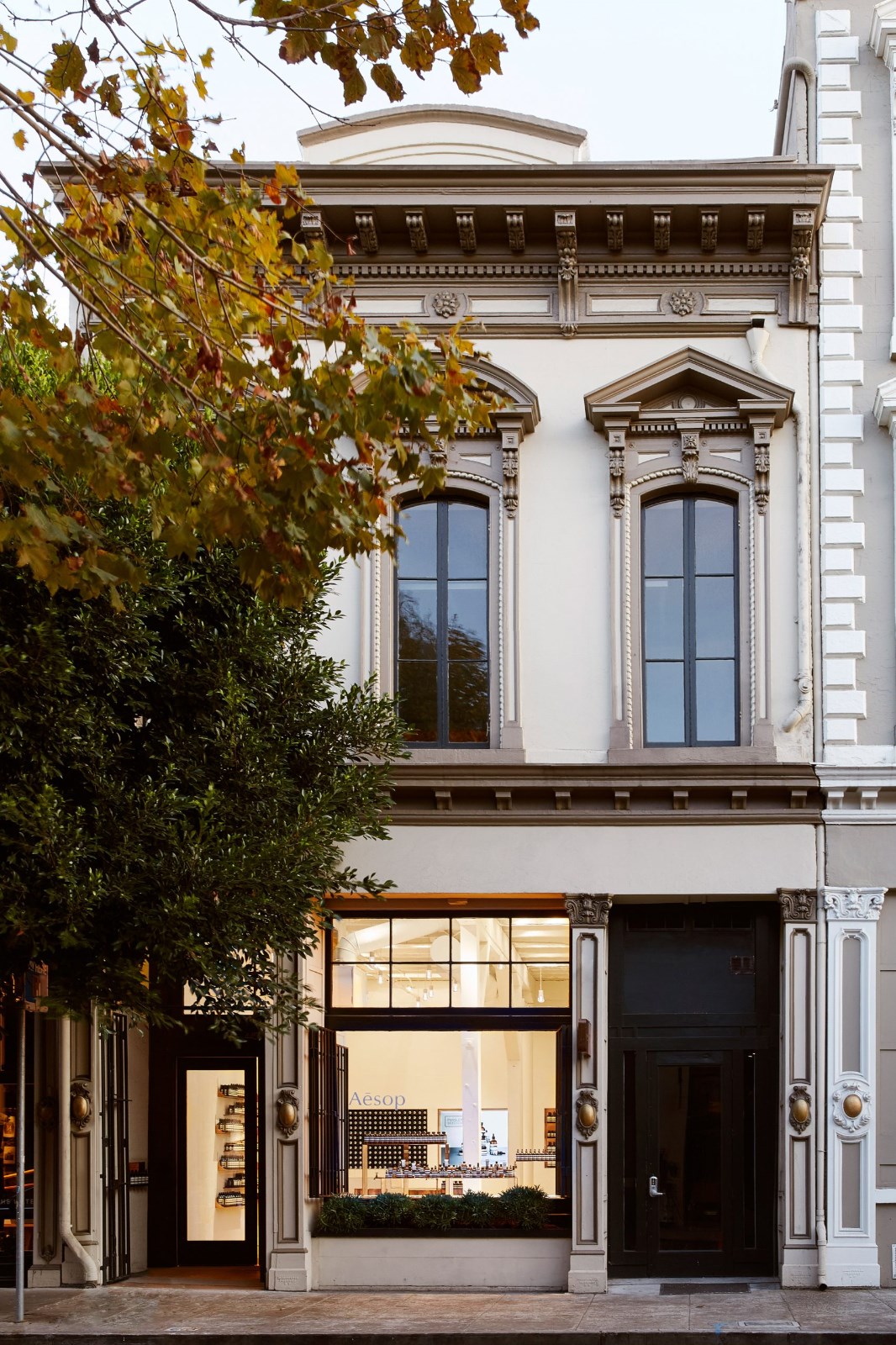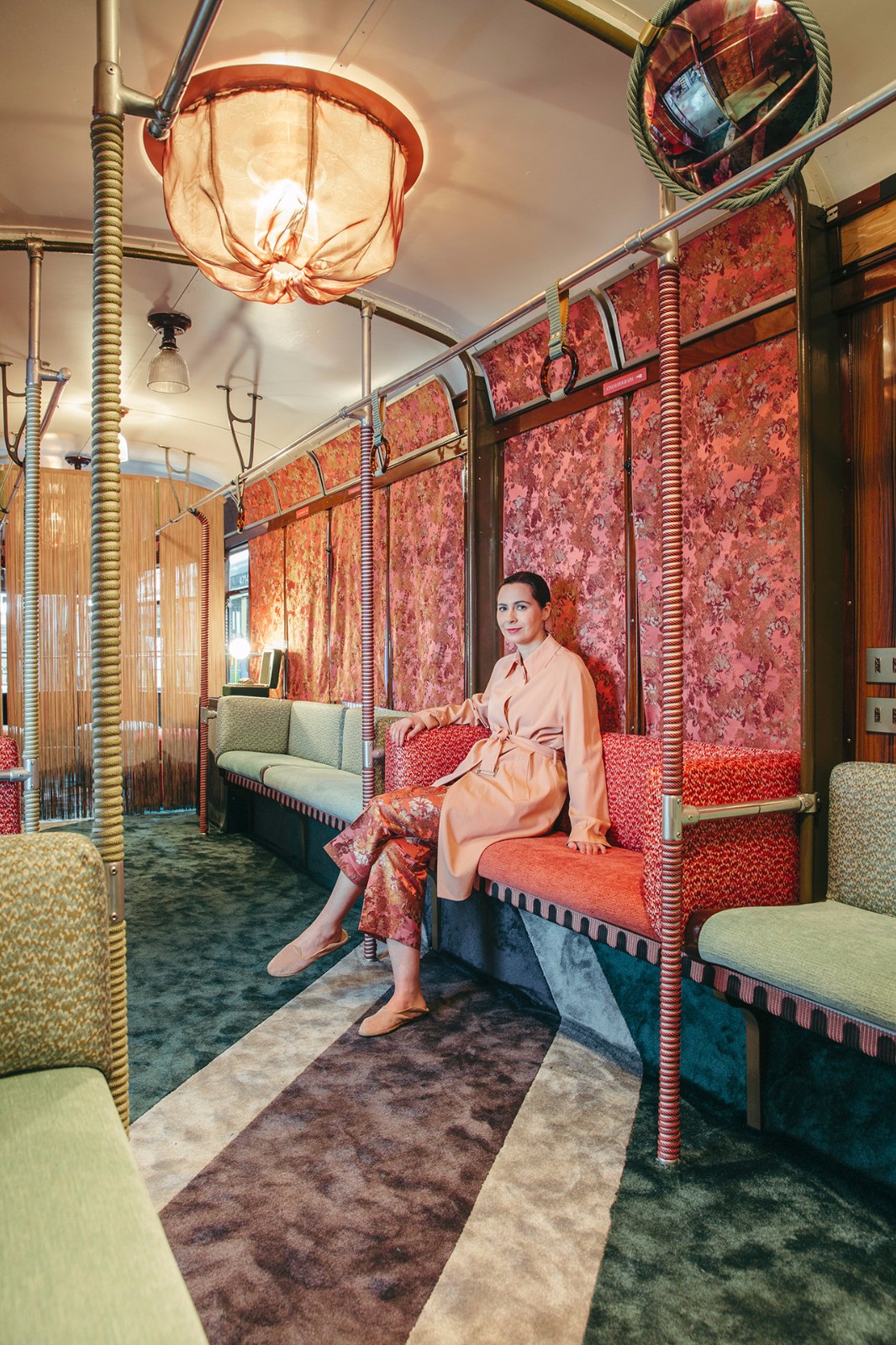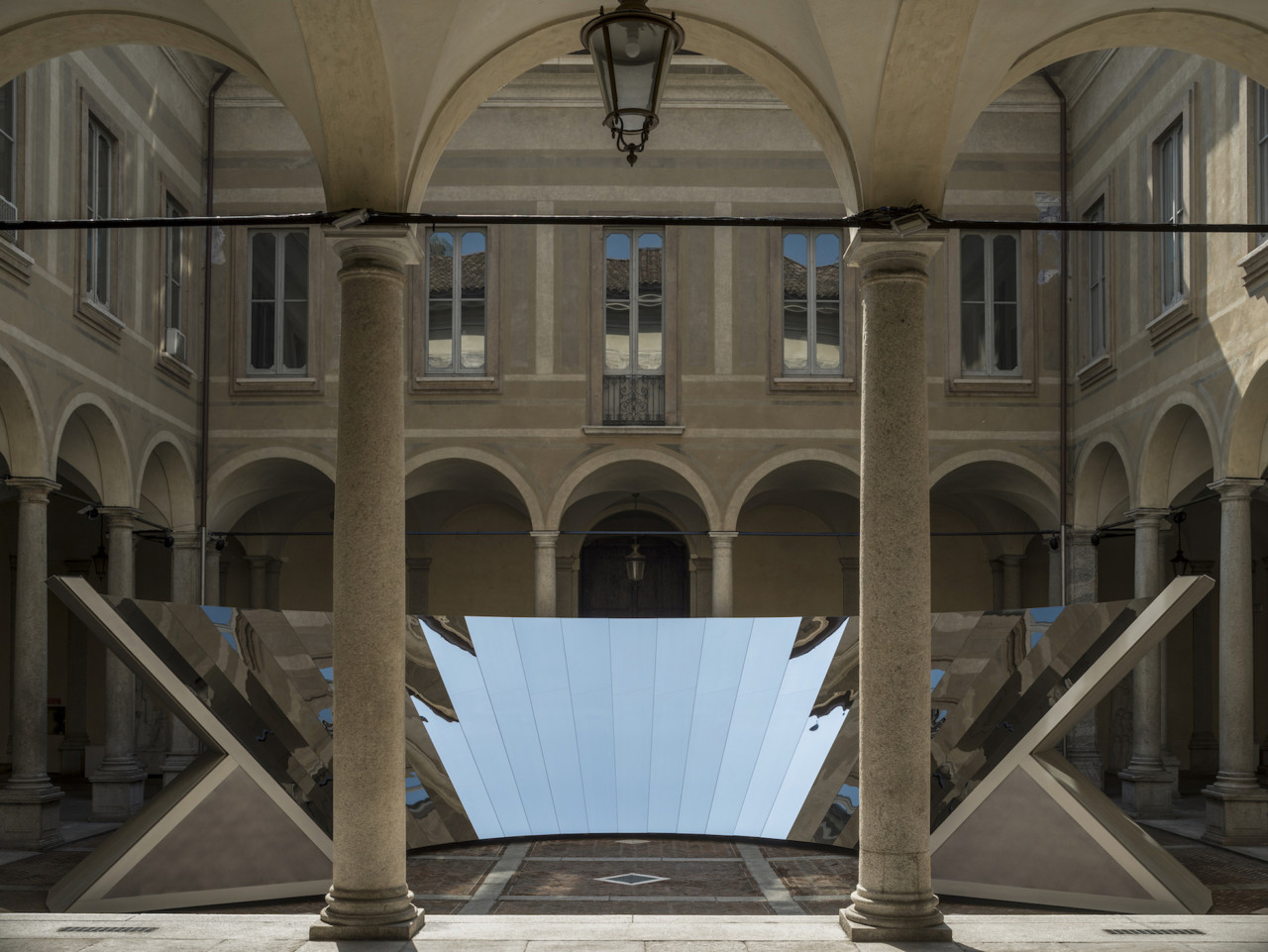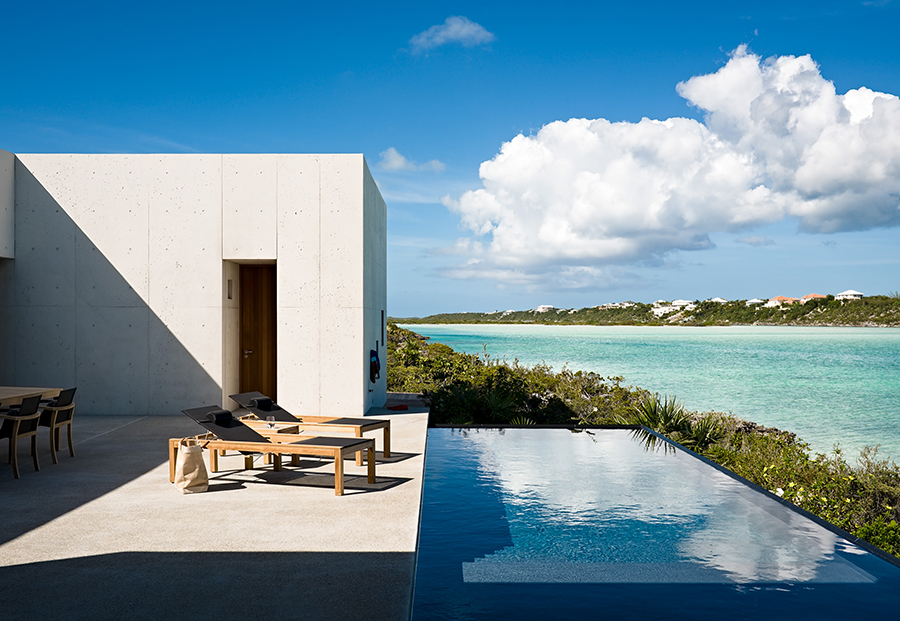Georges Batzios Architects Propose Cultural Center Made Entirely of Straw
2016-06-30 06:00
这座建筑散落在塞萨利安平原的建筑物废墟中,这是一个巨大的遗址,曾经是希腊领土内外的粮仓。乔治·巴茨奥斯提出,历史建筑不能简单地被重新解读为一个复制品,因为景观已经进化到原有建筑不再有功能的程度。那里的城市生活已经被附近的拉里萨日益增长的城市化所取代,而现有结构的活力已经消退。
The structure is scattered among the ruins of buildings in the Thessalian plains, a vast site that once functioned as the granary of the Greek territory and beyond. Georges Batzios propose that the historical architecture cannot simply be reinterpreted as a copy, as the landscape has evolved to the extent that the original architecture is no longer functional. The urban life that existed there has become superseded by the growing urbanization of nearby Larissa, and the vibrancy of the existing structures has faded.
Courtesy of Georges Batzios Architects
建筑师们认为,结合现代建筑技术的能力与老建筑的质量相结合,激发了科纳基阿维洛夫独特的特色。上下文和加法主要通过物质性联系在一起,使建筑物的重新装修能够重振“场地,而不仅仅是艺术品”。
The architects propose that the unique characteristics of Konaki Averof are invigorated by combining the qualities of the old with the capability of modern construction technology. The context and the addition relate dominantly through materiality, enabling the refitting of the building to revitalize "the site, not only the artifact."
Courtesy of Georges Batzios Architects
塞萨利安的土地传统上种植着金色的小麦作物,直接转化为进化建筑的主要材料:稻草。暴露的吸管被压缩,形成整个建筑的外部皮肤。这种在北欧发展起来的建筑技术,在这里第一次被使用到了这个程度。这种材料的绝缘能力可以减少95%的建筑能源需求,创造一个被动的热环境。从视觉上看,它呈现出金色的光芒,恢复了平原失去的颜色和纹理。
The Thessalian land traditionally bore golden wheat crops, which is directly translated into the evolved building's primary material: straw. The exposed straw is compressed and forms the entire outer skin of the building. This construction technique, developed in Northern Europe, is here used to this extent for the first time. The material's insulation capabilities are able to reduce 95% of the building's energy needs, creating a passive thermal environment. Visually, it presents a golden glow, reinstating the lost color and texture of the plains.
Courtesy of Georges Batzios Architects
该建筑的主要区域包括两层:一层是大楼的功能所在,另一层是阁楼,成为“社交游乐场”。两者以完全不同的方式合理化,第一种是方案内容的明确分离,而后者是一种可自由使用的公共开放空间。
The main area of the building contains two levels; the ground floor, which houses the functionality of the building, and the attic, which becomes the "social playground." The two are rationalized in completely different ways, the first a clear segregation of programmatic elements and the latter a public open space, able to be used freely.
Courtesy of Georges Batzios Architects
这一提议是作为对科纳基文化中心竞赛的回应而提出的,乔治·巴茨奥斯在比赛中获得了第二名。
The proposition was developed as a response to the Konaki Averof Cultural Center Competition, in which Georges Batzios received second place.
News via Georges Batzios Architects
建筑师乔治·巴茨奥斯建筑师位置希腊塞萨利亚2016年工程项目面积1200.0平方米
Architects Georges Batzios Architects Location Thessalia, Greece Area 1200.0 sqm Project Year 2016
 举报
举报
别默默的看了,快登录帮我评论一下吧!:)
注册
登录
更多评论
相关文章
-

描边风设计中,最容易犯的8种问题分析
2018年走过了四分之一,LOGO设计趋势也清晰了LOGO设计
-

描边风设计中,最容易犯的8种问题分析
2018年走过了四分之一,LOGO设计趋势也清晰了LOGO设计
-

描边风设计中,最容易犯的8种问题分析
2018年走过了四分之一,LOGO设计趋势也清晰了LOGO设计


.jpg)











.jpg)




























.jpg)


